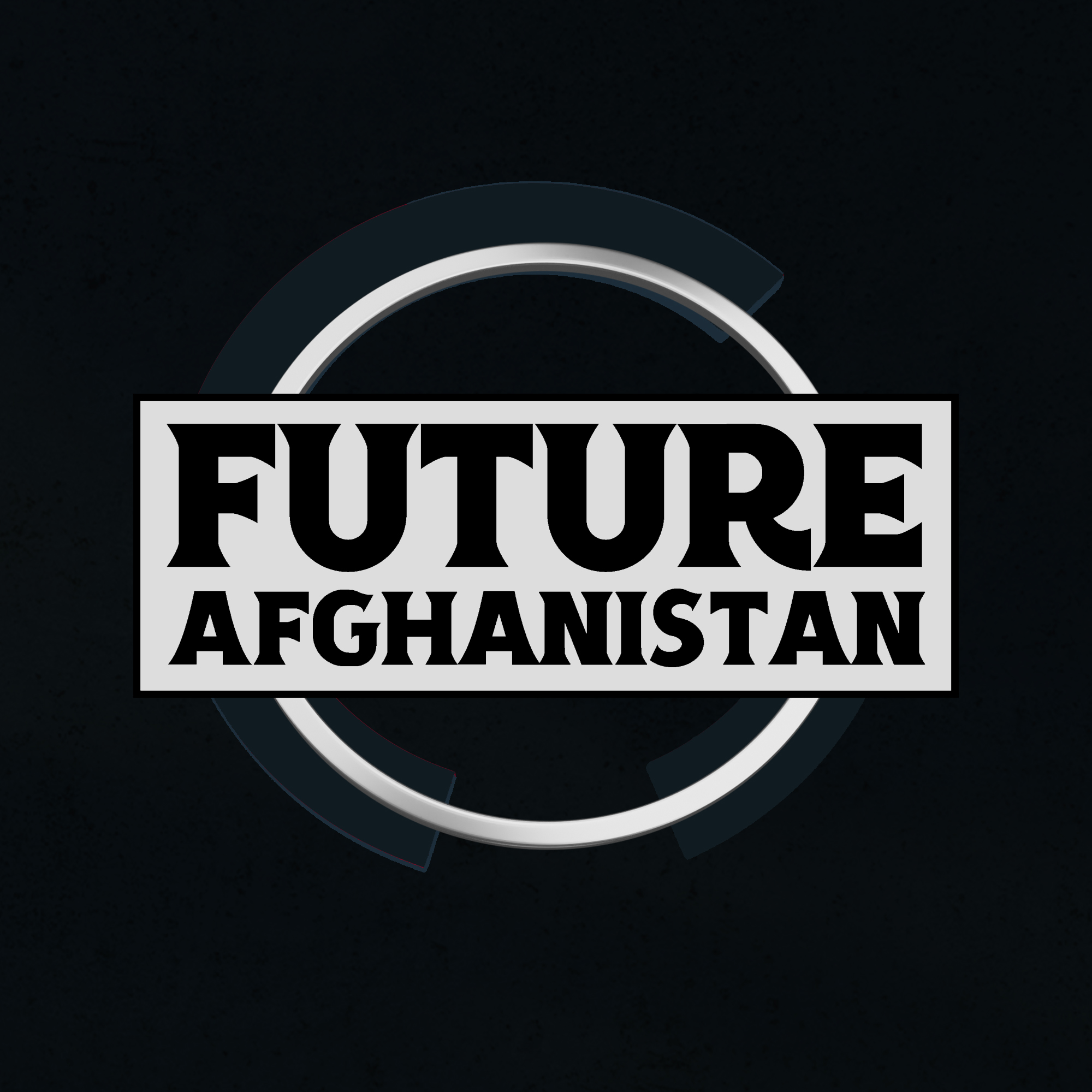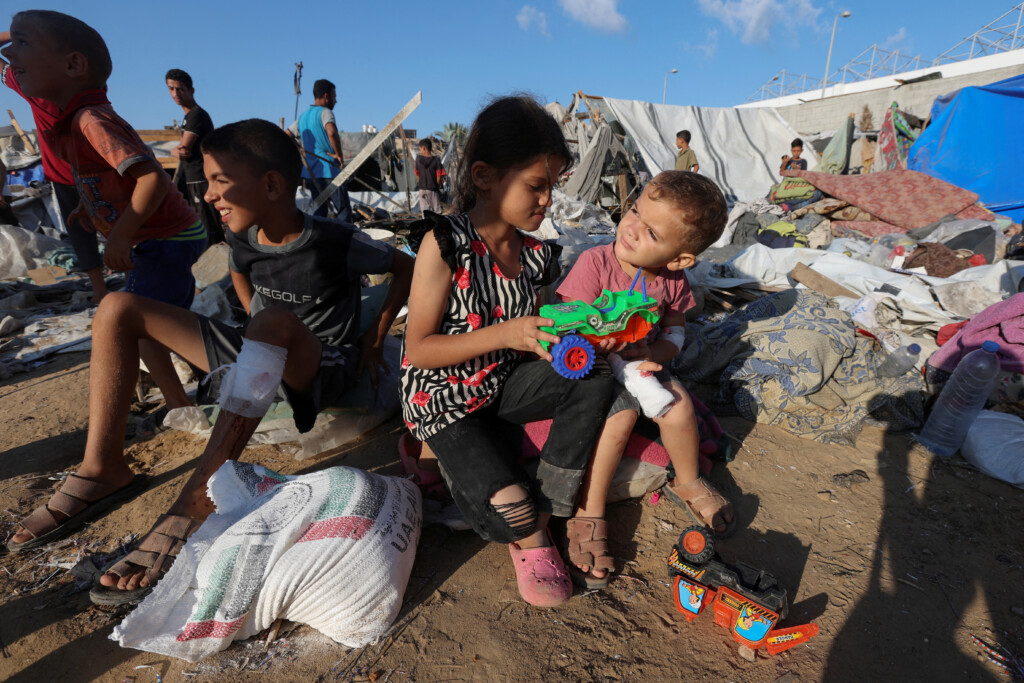REUTERS/Ramadan Abed
The United Nations Children’s Fund (UNICEF) has criticized proposed aid distribution plans by the United States and Israel for Gaza, warning that these programs could worsen the already dire situation for Palestinian children and families.
UNICEF spokesperson James Elder stated: “As UNICEF is saying this and the discussions we’ve had, more children are likely to suffer and risk death and injury as a consequence of this plan. It contravenes basic humanitarian principles, it appears designed to reinforce control over life sustaining items as a pressure tactic. And of course, there is a simple alternative. Lift the blockade, let humanitarian aid in, save lives.”
At the same time, residents of Gaza are reporting a deepening humanitarian crisis. Many say that in addition to extreme food shortages, the lack of fuel has made even basic cooking impossible for families.
Mohammed Dakkah, a resident of Gaza, said: “We are suffering here from a great famine, a famine in every aspect. You know, even if you have five kilos of lentils at home and you want to eat them, you don’t know how to eat them because you have to go buy wood for them, you need 50 Shekels [$13.97] (worth) of wood to light a (cooking) fire underneath them.”
“We will not emigrate from it (Gaza), no matter how difficult the circumstances. Even if there’s killing, even if there’s bombing, if there’s no medicine, no food, nothing to drink, no clothing and no shelter, we are not leaving Gaza Strip. If they are betting on our departure, no, the whole world might vanish, leave, the fish might migrate from the sea, but we will not emigrate,” said Mohammed Badr, a displaced Palestinian.
Earlier, the US State Department had announced that a solution to facilitate food delivery to Gaza was nearing implementation and would be announced soon.
Amid the severe humanitarian crisis in Gaza, the international aid community is reviewing a plan to distribute food through four centers across the war-torn region, a plan similar to one proposed by Israel earlier this week, which faced backlash over concerns it could worsen displacement among the population.




